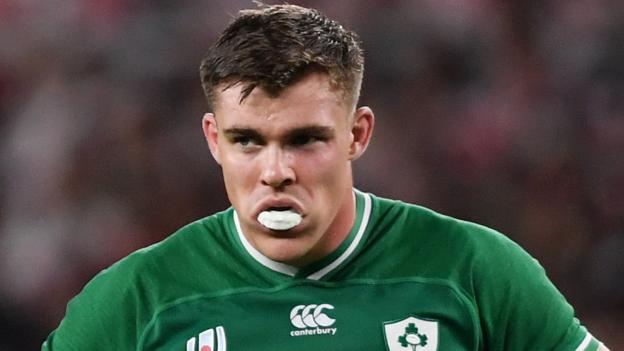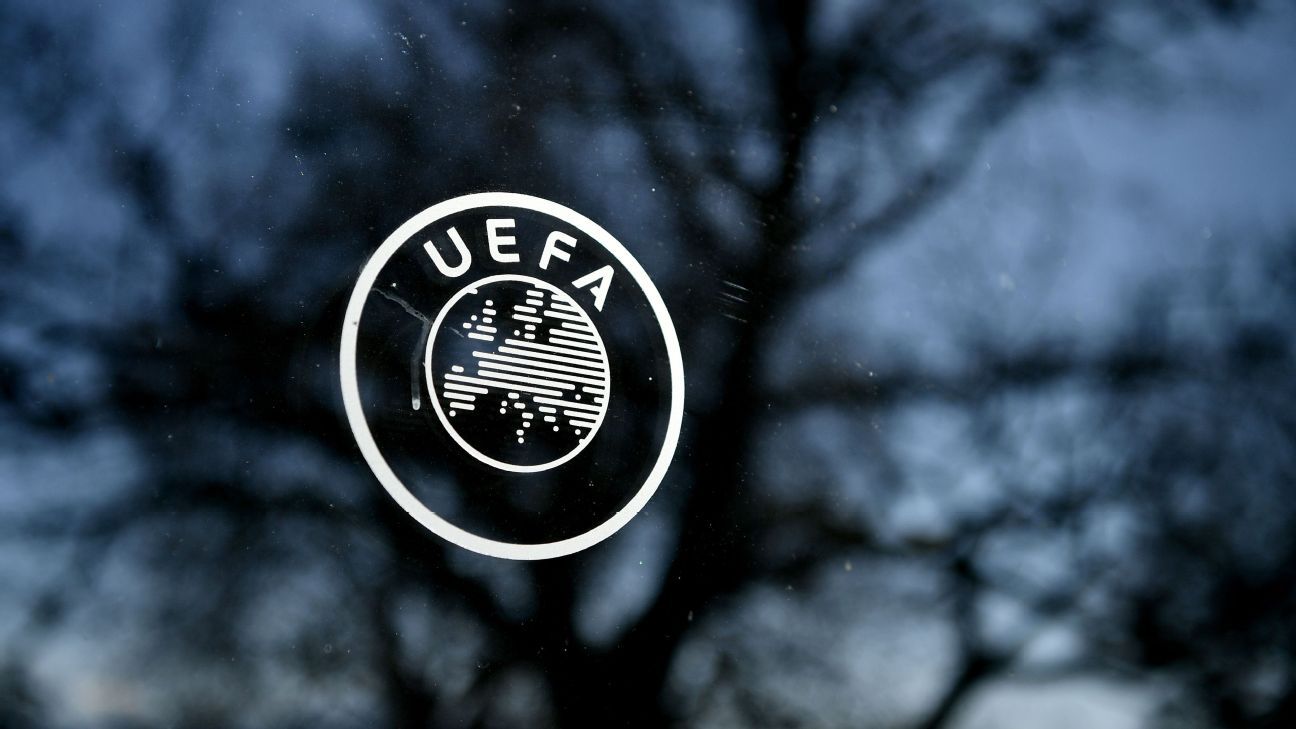
For once, the dreaded five-day turnaround that a Rugby World Cup occasionally throws up may actually play into Ireland's hands.
Bodies and minds will be tired, but at least the prospect of Russia on Thursday leaves little room for the Irish camp to dwell on their defeat by Japan.
Although Joe Schmidt and his team will welcome the opportunity to quickly move on, Saturday's result in Shizuoka is going nowhere and, barring a considerably more catastrophic showing on Thursday, it will live far longer in the memory than the next game.
While Japan will rightly take the plaudits for a performance with game-changing implications for the sport in their country, Ireland are left to answer questions as to how and why they ended up on the wrong end of a result that has made headlines around the world.
There is no question that Japan were good value for their win. They outplayed their opponents at the breakdown, out-thought them with the ball and outmuscled them in big moments to give oxygen to a crowd who sensed something special was in the making.
Carty's day of two halves
Jack Carty's outing at fly-half was reflective of the Irish performance.
Twenty minutes into the match and Carty, in just his second international start, was enjoying the type of performance that makes your name a very hard one to take off any team-sheet.
His adventurous approach and willingness to take calculated risks had resulted in Ireland's two early tries and while even the kicks that didn't quite work, including an attempt to find Keith Earls with a cross-field effort when an easy three points were on offer, he excited rather than frustrated the Irish fans.
While Carty was enjoying his first World Cup start, Ireland's line-out continued to function as it had against Scotland, creating momentum going forward and giving them an exit platform in their own territory.
They were ahead 12-3 after 22 minutes, and the pattern that most had expected before the game began to emerge.
But all the while, Japan kept probing.
Flinging the ball out from the back, putting kicks in behind which only for the bounce could have resulted in two Kotaro Matushima tries and ferociously attacking every breakdown.
And then it began to happen. Japan's relentlessness prompted cracks in the Irish system that turned the game in the hosts' favour even when they still trailed on the scoreboard.
"We got penalised for a few off-sides and then we became hesitant," reflected Schmidt.
"Once we became hesitant we couldn't really put the same pressure on them that they were putting on us."
Crowd takes team to new heights
It was a pressure that came from all sides of the Ecopa Stadium.
Carty kicked a restart dead and the crowd screamed as though a try had been scored. Shota Horie picked off Rory Best's overthrown line-out and they sensed blood.
When they turned over an Irish scrum with an almighty shove in the 36th minute, it is no exaggeration to say that the crowd celebrated as though the game was won.
Japan, on the front foot with quick ball and a crowd greeting every inch gained as though it was the difference between winning and losing, were too much for Ireland to contend with.
With the game now being played entirely on Japan's terms, Ireland appeared out of ideas of how to stem the flow.
The missed tackles that have plagued their worst performances of a bumpy year returned to the fore - they racked up 20, more than twice as many as they had against Scotland.
"The longer the game went, the more oxygen they got from penalties and from the skill that they showed," said Schmidt.
"They got a real roll on."
By the time Kenki Fukuoka went over in the corner, party time in Shizuoka was in full-swing.
Brave Blossoms taking the game forward
That the try came after Ireland had botched an opportunity to clear the danger after absorbing a lengthy passage of pressure, only for Chris Farrell to run into CJ Stander after an Irish scrum, was evidence of a team truly rattled.
By then, Japan had broken them. Relentless Japan, whose intensity alone caused Ireland a world of trouble.
Add to that an unerring sense of adventure and confidence with no shortage of skill and power to back it up, and you have a host nation who have, just two games into their campaign, succeeded in moving rugby much further into the mainstream.
Samoa and Scotland now stand between the hosts and a place in the knock-out stages.
One can only imagine the atmosphere that would accompany a quarter-final involving Japan.
As for Ireland, it is Russia where five points are now the non-negotiable necessity as well as the expectation.
Defeat by Japan is not terminal, but Ireland must now conjure up something truly magnificent if Saturday's result is not to define their World Cup.















 Phone: (800) 737. 6040
Phone: (800) 737. 6040 Fax: (800) 825 5558
Fax: (800) 825 5558 Website:
Website:  Email:
Email: 






